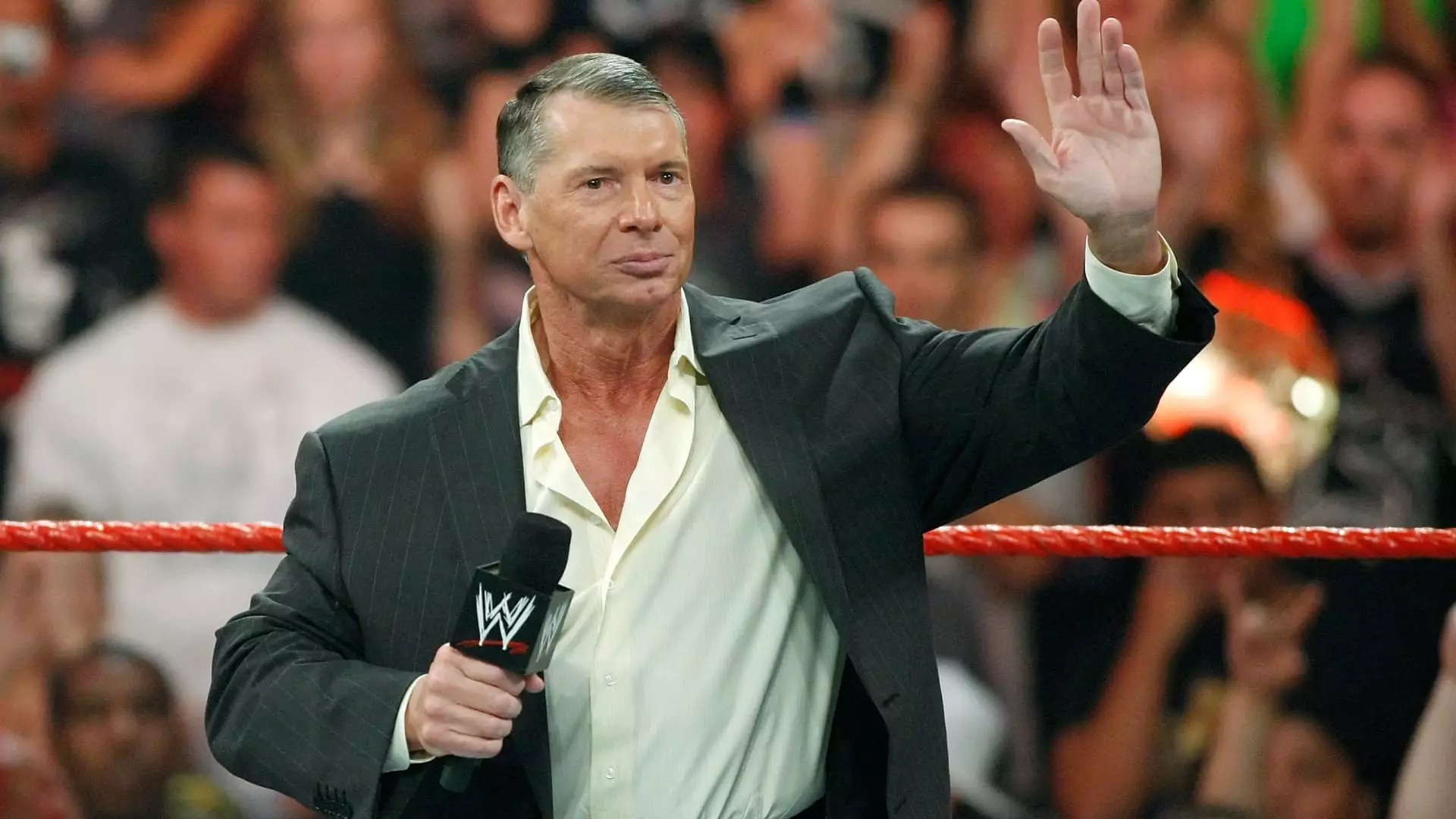In a shocking exposé, Vince McMahon and WWE are facing grave accusations regarding the sexual exploitation of minors in a lawsuit filed on behalf of five alleged victims. This legal action, lodged in Baltimore County, alleges that McMahon alongside his wife Linda McMahon, WWE, and its parent company, TKO Holdings, knowingly permitted the abhorrent behavior of Melvin Phillips Jr., a ringside announcer, during the ’80s and ’90s. The core of the lawsuit highlights claims of “open, rampant abuse” directed towards young boys, some as young as twelve, who were employed as “ring boys” to assist Phillips.
These allegations are not merely legal jargon; they describe a haunting reality for victims who allege that they were groomed and manipulated by Phillips, who preyed on vulnerable children, often from unstable backgrounds. The gravity of these claims cannot be understated. In a time when awareness surrounding such abuse is increasingly recognized, the idea that a powerful figure in the entertainment industry could function as a predator speaks volumes about the systemic issues that may exist within professional wrestling and beyond.
According to the lawsuit, Phillips utilized various tactics to lure children, promising them access to meet their wrestling heroes. This method of manipulation is chilling, emphasizing how predators often disguise their malevolence with enticing offers. The abuse took place not only at wrestling events but also in private settings like hotels, where Phillips allegedly filmed the assaults, further complicating the psychological torment inflicted upon the victims.
The claimants, all referred to as John Does and hailing from different states, recount experiences that resonate fear and betrayal. It is essential to approach these narratives with the seriousness they deserve; they illustrate a skein of deceit that entangled these minors, reflecting the severe vulnerability faced by those who seek acceptance in traditionally masculine environments such as professional wrestling.
A particularly troubling aspect of this case is the assertion that the McMahons were aware of Phillips’ troubling tendencies towards young boys. Notably, the lawsuit details how Vince McMahon fired Phillips in 1988 after initial allegations surfaced, only to reinstate him six weeks later under condition of avoiding children, a demand he allegedly ignored. This portion of the case points to a troubling pattern of enabling behavior from those in positions of power. It raises severe ethical inquiries into the responsibilities of organizations not only to protect their employees but also to safeguard vulnerable populations associated with their operations.
Greg Gutzler, an attorney from DiCello Levitt representing the claimants, underscores the gravity of this inaction, labeling it “simply unconscionable.” This points to a broader societal issue: how institutions can often marginalize the voices of the vulnerable while prioritizing profit and reputation over accountability.
The recent lawsuit can be seen as part of a larger movement seeking to hold individuals and institutions accountable for past misdeeds. The shift in societal attitudes towards sexual abuse claims—particularly involving minors—has prompted legal reforms that allow for renewed scrutiny of such cases. Child USA, a nonprofit advocating for children’s rights, expressed that this lawsuit represents a hard-fought victory for similar victims. The group’s efforts focused on reforming statutes of limitations to enable cases that might have been previously dismissed due to time constraints to be heard in court.
McMahon’s dismissal of these allegations as false and vindictive raises questions about the intersection of media, power, and accountability. The release of the Netflix documentary “Mr. McMahon” serves as a critical backdrop to the unfolding saga. It paints a picture of a figure who has long been shrouded in controversy, increasingly scrutinized for actions underlying both personal and professional allege misdeeds.
As this case develops, it beckons broader discussions about the culture of silence surrounding abuse within powerful institutions, especially in areas like professional wrestling. Whether the McMahons and WWE will face accountability remains to be seen, but what is clear is the need for a cultural shift that prioritizes the protection of victims over the interests of powerful entities.
The courage exhibited by the claimants signifies a growing refusal to tolerate silence and complicity, echoing a trend seen across various sectors. It champions the cause for survivors to reclaim their narratives, asserting their right to justice and safety—a critical pursuit in an age where exposure of such injustices is paramount to societal progress.


Leave a Reply